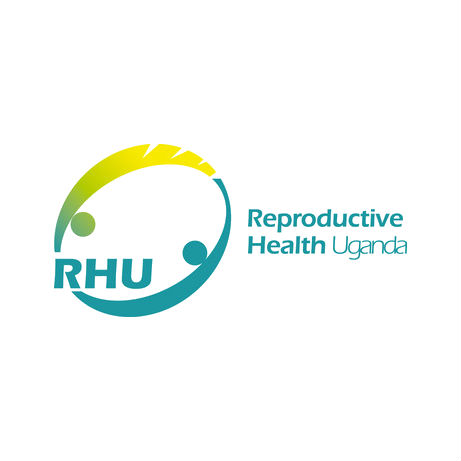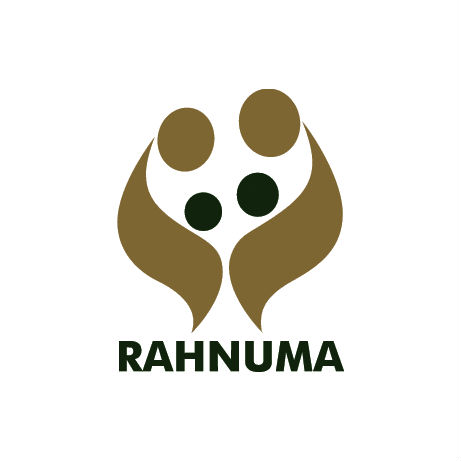

| 31 March 2016
Reproductive Health Uganda
The people of Uganda face urgent sexual and reproductive health (SRH) issues, with high prevalence of HIV and AIDS and unmet needs for contraception presenting some of the most immediate and life-threatening risks. Reproductive Health Uganda (RHU), formerly the Family Planning Association of Uganda, was established in 1957. It now provides services in 29 of the country’s districts through 768 service points: 17 static clinics, 74 mobile facilities, 35 associated clinics and a network of hundreds of community-based distributors/community-based services (CBDs/CBSs). RHU's comprehensive range of services include family planning, the prevention and treatment of HIV and AIDS, the diagnosis of sexually transmitted infections and post-abortion care. The work is led by a full-time staff of 19, supported by nearly 4,000 volunteers. These include 56 community-based distributors, 118 peer educators and a Youth Action Movement which has nearly 1,000 members. An estimated 98% of RHU's clients are poor, marginalized, socially excluded and/or under-served. Target groups include internally displaced persons, young women in conflict-affected areas, sex workers, hawkers, saloonists, bicycle taxi operators and maids. RHU undertakes high level advocacy work. At present, advocating for policies and government action to end female genital mutilation (FGM) is one of its top priorities. RHU runs training schemes for other non-governmental organizations (NGOs) and health professionals. RHU representatives sit on the government’s SRH advisory board and RHU has played a critical role in shaping, developing and implementing policies on gender, adolescent reproductive health, domestic relations, safe motherhood, and private partnerships for health. RHU provides technical assistance to IPPF Member Associations (MAs) in Swaziland, Sierra Leone, Tanzania, Namibia and Rwanda. RHU works with an immense range of NGOs and private sector organizations and it receives funding and support from over 20 different donors based locally, regionally, nationally and internationally. The organization is a national convenor: bringin together a broad range of agencies in Uganda which are engaged in campaigning and delivering services to coordinate work and synthesize efforts within the country for maximum impact. Contacts Website: www.rhu.or.ug Facebook: https://www.facebook.com/rhuganda Twitter: https://twitter.com/RHUganda

| 31 March 2016
Rahnuma-Family Planning Association of Pakistan
Rahnuma (formerly the Family Planning Association of Pakistan or FPAP) started serving poor and marginalized people in Pakistan as the Family Planning Association of Pakistan (FPAP) in 1953. After over 50 years of momentous achievements, the FPAP felt that its name did not fully reflect the scope of its work. It renamed itself ‘Rahnuma’, an Urdu word meaning 'one who shows the path and provides direction'. Rahnuma was one of the pioneers in providing family planning services and advocating for spacing of childbirth and for smaller families. The government later embraced the cause by establishing the Ministry of Population Welfare. In the space of a decade, Rahnuma grew from a single clinic, based in 1 room in Karachi, to a large-scale operation with an infrastructure of district branches offering model clinics and information and educational facilities. Today, the network operates nearly 5,000 service points, comprising 118 permanent clinics, 11 mobile units, 191 associated clinics and over 2,000 community-based distributors/services (CBDs/CBSs). It also handles referrals to over 2,143 private physicians. Rahnuma has developed innovative programmes to increase access to high-quality, affordable health services. It has advocated for a rights-based approach to sexual and reproductive health (SRH), for the empowerment of particular groups within communities (especially women and young girls), and for the strengthening of civil society in Pakistan. As the sexual and reproductive health and rights (SRHR) agenda has shifted over the years, Rahnuma has increasingly embraced SRHR in the context of national development and poverty alleviation, owing to the direct connection between socio-economic conditions and health and well-being. Contacts Website: http://www.fpapak.org Facebook: https://www.facebook.com/rahnuma.fpap.9 Twitter: https://twitter.com/Rahnuma_FPAP







